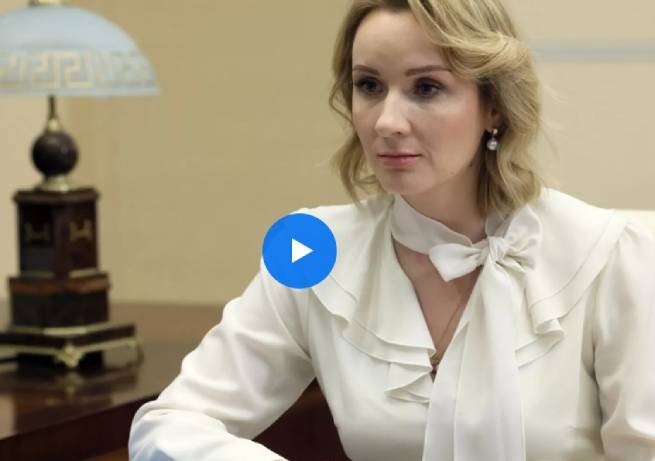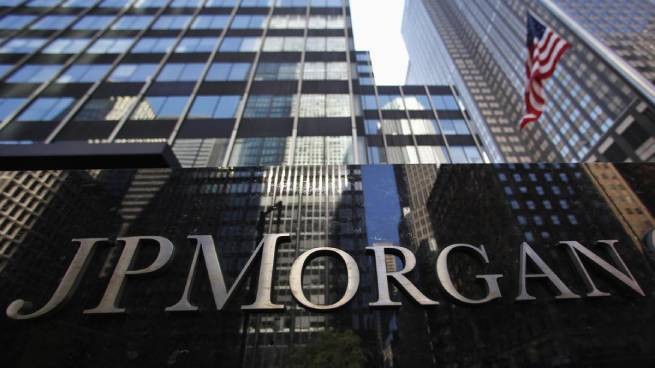The whopping € 5.4 trillion is money that households in most countries of the world have saved and amassed since the start of the pandemic, when their spending was forcibly cut due to economic shutdowns and consumer concerns about their work and income.
Differences between rich and poor countries, as well as between different income groups within countries, are also evident in terms of savings rates: they are clearly higher in the United States, Western Europe and the rich countries of the Middle East, but significantly lower in the countries of Eastern Europe and the poorest countries in Asia. These savings, however, are one of the hopes for the global economy to recover from the end of the pandemic, as it is expected to target all kinds of consumer spending that will spur growth. A few days ago, Moody’s predicted that if households around the world spent about a third of their excess savings, they would spur the global economy by at least 2 percentage points this year and next.
The agency estimates that American households have raised most of this capital, as they saved $ 2 trillion. Evercore ISI data show that savings in the world’s largest economy were concentrated even before the Biden program, which allocated $ 1.9 trillion to the population, was implemented. dollars, and the total amount of assistance to the US population exceeded 4 trillion US dollars.
At the same time, OECD data show that household savings in the most developed countries have reached their highest level since the turn of the century. Likewise, savings were much higher than usual in the Middle East countries, which supported their economies with lavish programs. While in Asia, household savings were again high, but not very high compared to normal levels, in part because the pandemic was stopped more quickly and had a smaller impact on household spending.
Savings rose in South America and Eastern Europe, but less than in the US as they were hit hard by the pandemic and government programs were less generous. Across all geographic regions, the impact of the pandemic was uneven, with poor households hitting hardest and savings unequal, with most of the funds accumulating in the bank accounts of richer households. According to Moody’s, by the end of the first quarter, total savings worldwide amounted to at least 6% of global GDP. A recent report from the Financial Times says the latest polls show optimism among consumers, which means they will rush to spend in stores.
This is evidenced by the results of a study by Morning Consult, in which 1/3 of the richest households in many countries, such as China, Australia, Italy, Russia and the United States, believe that the period we are going through is the right time for them to move to large markets. However, this is not the case for the poorest households. Goldman Sachs economists note that two-thirds of the additional savings in the US came from the richest 40% of the superpower’s population.
According to the same economists, such a distribution of savings will reduce the scale of the momentum that the economy will receive when the restrictive measures are lifted, since “higher incomes will not allow spending to go so far.” As they typically told the FT, “if the additional savings belong to richer households, it will be seen as an increase in their wealth, and not as an increase in income, then the level of spending will be clearly lower.”
An example is the United Kingdom, where, according to the Bank of England, nearly three quarters of households said in a survey that they intend to keep their savings in bank accounts intact and not spend them. Some other households plan to use their savings to pay off debts or invest in retirement funds in order to have more income after retirement.
In Greece, there has also been an increase in savings in the deposit accounts of citizens. In particular, according to the Bank of Greece, deposits of households and enterprises in December increased by 4.4 billion euros, which clearly indicates a decrease in consumption and an increase in liquidity accumulated in the economy, thanks to measures of state support for enterprises.
The impact of government intervention was so great that the total growth in bank deposits was € 19.9 billion in 2020 and € 17.9 billion from the start of the health crisis in March to the end of 2020.
Overall, private sector deposits with local banks increased to € 163 billion at the end of December, up from € 143.1 billion at the end of 2019. At the same time, the contribution of households amounted to 126.3 billion euros, and corporations – 36.7 billion euros.
More than half of the increase recorded last year came from enterprises, whose liquidity increased by € 10.3 billion, while household deposits rose by € 9.6 billion.
This increase in deposits indicates stagnation in the economy and a reduction in household and corporate spending, as well as the suspension of payment of contributions not only to banks and other creditors, but also to tax authorities and social insurance funds.
World economists emphasize that such a high amount of aid, as well as an increase in savings, can lead to serious inflation, which will hurt the poor countries, worsening their already difficult economic situation.
The impact of government intervention was so great that the total growth in bank deposits was € 19.9 billion in 2020 and € 17.9 billion from the start of the health crisis in March to the end of 2020.
Overall, private sector deposits with local banks increased to € 163 billion at the end of December, up from € 143.1 billion at the end of 2019. At the same time, the contribution of households amounted to 126.3 billion euros, and corporations – 36.7 billion euros.
More than half of the increase recorded last year came from enterprises, whose liquidity increased by € 10.3 billion, while household deposits rose by € 9.6 billion.
This increase in deposits indicates stagnation in the economy and a reduction in household and corporate spending, as well as the suspension of payment of contributions not only to banks and other creditors, but also to tax authorities and social insurance funds.
World economists emphasize that such a high amount of aid, as well as an increase in savings, can lead to serious inflation, which will hurt the poor countries, worsening their already difficult economic situation.






More Stories
Turkish tourists choose Samos for their holidays
Food: Testing for Pesticides
Highway E65: how long does the Athens-Kalambaka journey take, toll